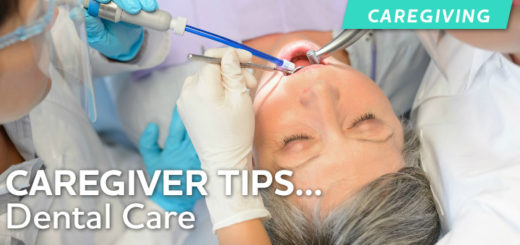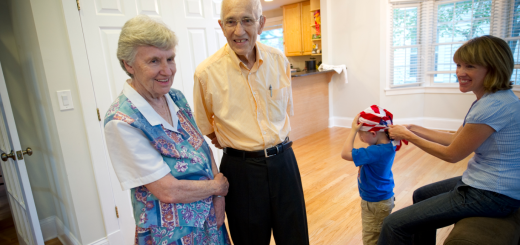People with Alzheimer’s speak out: What they want you to know
A few people with early stage Alzheimer’s recently shared with me a list they came up with that expresses what they think their care partners need to know. I thought it was very well done and wanted to share some of their insights with a broader audience.
“I try my best.”
“I don’t always know why you get upset with me.”
“I need you to be patient with me.”
“I get angry and upset because of this disease.”
“I want to let you know – sometimes you make it easy for me and I’m so thankful for that.”
Many care partners I hear from lament the fact that they are not perfectly patient 100 percent of the time. I say: get over the fact that you are human. The demands of care giving, the losses that caregivers face almost daily, the fatigue from being responsible for everything in your loved one’s life, can cause anyone to be stressed, especially if that caregiver is not doing something good for him/herself on a regular basis.
“I want to help.”
“I want to be there for you, too.”
“I want to know I can help you.”
“Sometimes you help a little bit too much”
Often I am asked by care partners, “How much do I let her do on her own? When do I offer to take over a task for him?” Caregivers can struggle with knowing where the line is on this issue. What I usually say is rather than saying “Here, let me do that for you” right off the bat, watch to see if he/she struggles with where to begin, or seems to be experiencing trouble with the task. If so, you might ask, “Would you like some help with that?” This leaves the decision up to them. There are so many things that people with dementia can no longer do for themselves or others that it is easy for us to assume they need help with everything. This can lead to feelings of helplessness on their part.
My next blog will share more of these insights but for now, one of their statements in closing:
“I appreciate the little things, like a bouquet of flowers. It doesn’t take the disease away, but it’s something – a little sunshine.”

















